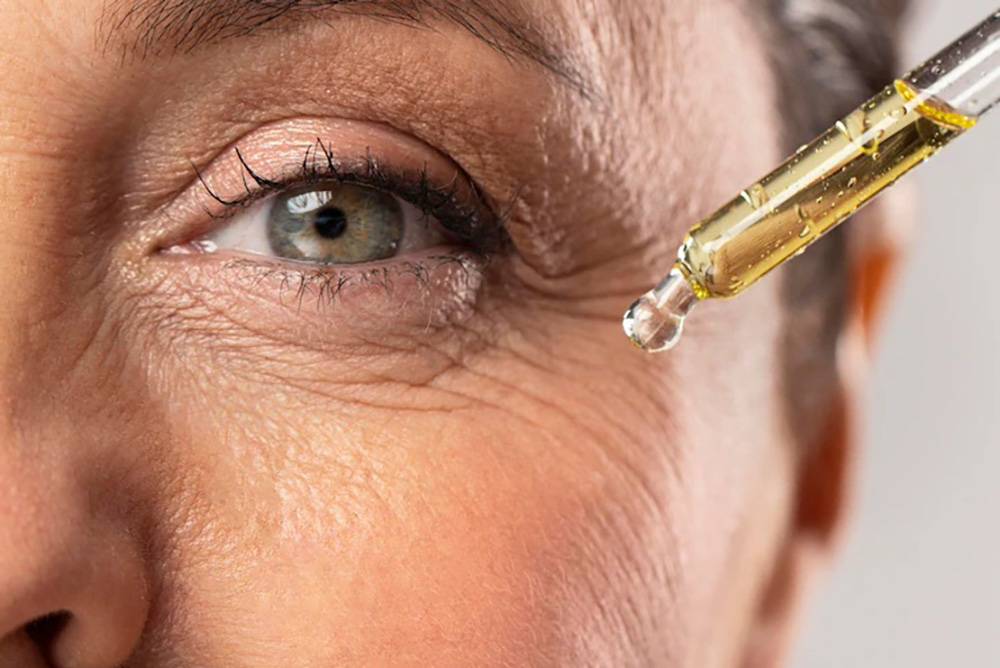N-Asetil Sistein (NAC)

N-Asetil Sistein (NAC)
N-Acetylcysteine (NAC), also known as N-Acetyl-L-cysteine, is a precursor to the amino acid L-cysteine and, consequently, the antioxidant glutathione (GSH). It is predominantly found in plants of the Allium species, particularly in onions. The sulfhydryl group (–SH) in the NAC molecule directly scavenges reactive oxygen species (ROS) and modulates the redox state of N-methyl-D- aspartate (NMDA) and α-amino-3-hydroxy-5-methyl-4 isoxazolepropionic acid (AMPA) receptors. Unlike GSH, NAC has better oral and topical bioavailability.
NAC has been used as a medication since the 1960s and is listed on the World Health Organization (WHO) Model List of Essential Medicines as an antidote for poisoning. There are still numerous proposed uses in preclinical and clinical research in the field of medicine. Additionally, NAC is utilized in dietary supplements and cosmetics. Despite its widespread use, there are predictions that the global NAC market will grow in the next five years. Therefore, the aim of this study is to provide a balanced view on other potential uses of NAC as a nutritional supplement.
N-Acetylcysteine has been used as a medication since the 1960s; it is listed in the World Health Organization’s Model List of Essential Medicines and is available as an inexpensive generic drug.
Traditionally, it has been used to combat the toxicity of various substances that can lead to the formation of free radicals, such as overdose of acetaminophen (fever reducer) and as a mucolytic.
In addition to these uses, it has proven to be a potent and effective antioxidant in the fight against COVID-19, which affects the respiratory system. NAC is also used in the complementary treatment of neurological and neuropsychiatric disorders.
In comparable IV doses, vomiting has been reported in 11% of patients. However, oral NAC seems to be associated with very few side effects and is considered to have an excellent safety profile.
Which diseases is N-Acetyl Cysteine (NAC) effective against?
In terms of its effectiveness against diseases, clinical studies have revealed the benefits of NAC in non-alcoholic steatohepatitis, arterial hypertension of diabetic etiology, chronic obstructive pulmonary disease (COPD), chronic bronchitis, substance use disorders, recurrent unexplained pregnancy loss, male infertility, polycystic ovary syndrome, diabetic retinopathy, age-related macular degeneration, cataracts, and dry eye syndrome.
